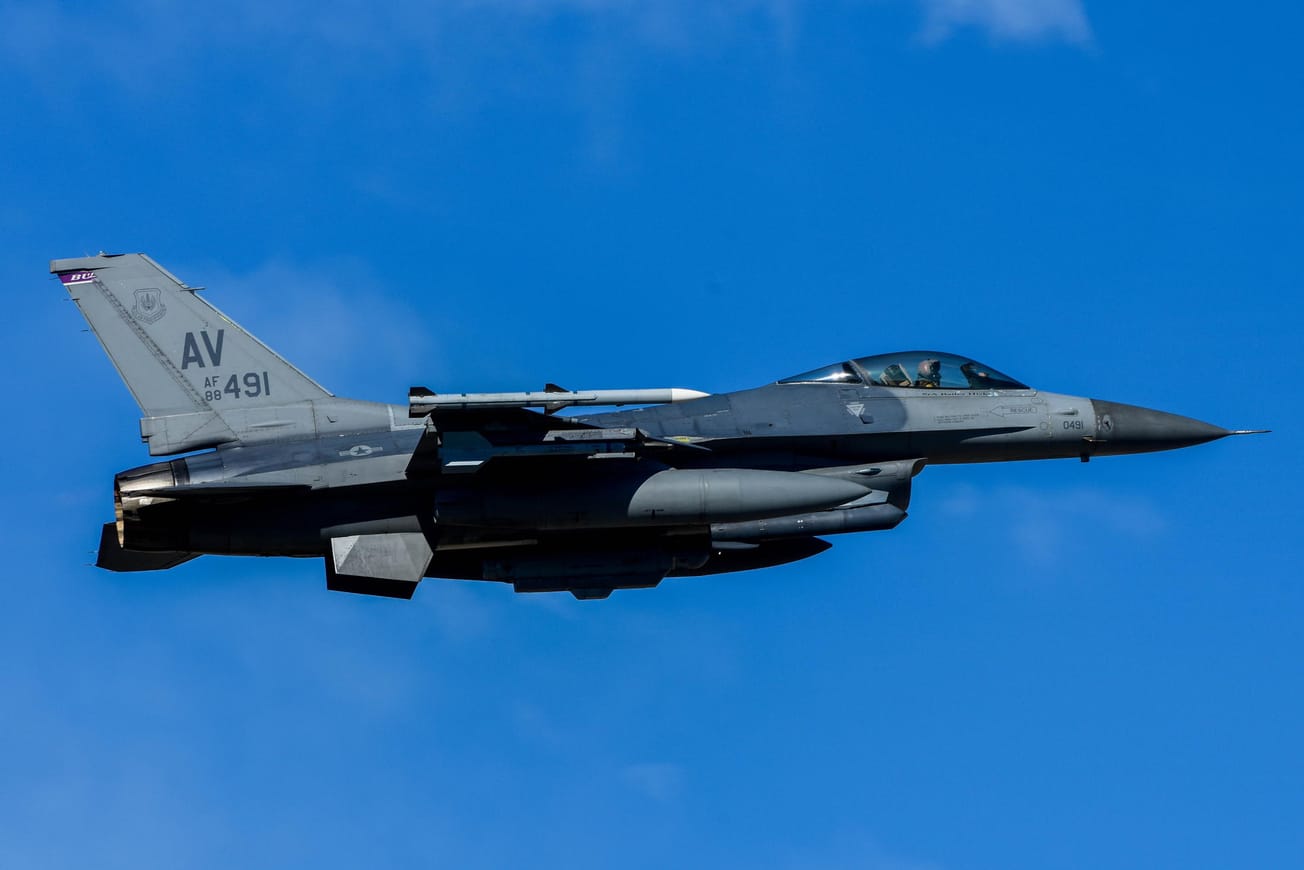The government of Algeria had requested the meeting of the UN Security Council held today to discuss enforcement of the provisional measures which the International Court of Justice (ICJ) ordered at its Jan. 26 meeting on Israel. Algeria’s Foreign Ministry issued a statement Jan. 26 saying it had called the meeting to discuss giving “enforceable effect” to the ICJ’s ruling “in relation to the interim measures that must be taken by the Israeli occupier.” It’s unclear whether Algeria intends to draft a Security Council resolution to enforce the ICJ’s order, Foreign Policy reported, but it appears likely it will call for a ceasefire. If the U.S. vetoes a ceasefire, yet again, then the issue will be taken to the General Assembly.
Today’s session began with a detailed briefing by Martin Griffiths, UN Under-Secretary General for Humanitarian Affairs, who presented the horrific details of the situation in Gaza, the bombings, the destruction of hospitals, displacement, deaths, etc. He described Israel’s accusations against UNRWA as “appalling” and encouraged a swift investigation, but urged that the agency’s life-saving services not be jeopardized. UNRWA, he said, is the “beating heart” of everything that the UN does. He ended by calling for the immediate release of the hostages and declaration of a humanitarian ceasefire.
Almost all the speakers at today’s meeting, except for the U.S. and Israel, with some equivocation from the U.K., offered support for the ICJ’s findings, and stressed that its interim provisions are binding and must be respected. Russia, China, South Africa, and Palestine spoke most forcefully about the devastation of Gaza. “There is clearly no credible basis for Israel to continue to claim that its military actions are in full compliance with international law, including the Genocide Convention,” said South Africa’s Representative Mathu Joyini. “This imposes an obligation on all states to cease funding and facilitating Israel’s military actions, which are plausibly genocidal.”
Permanent Observer for the State of Palestine Riyad Mansour, who was the last speaker, challenged the members of the Security Council to act. “With the risk of genocide recognized by the Court, it would be criminal not to act to put an end to this war of atrocities.” Addressing Israel’s recent claims that UNRWA’s staff members were involved in Hamas’s Oct. 7 attack on Israel, he reminded the Council that Israel has for years had a stated goal of dismantling UNRWA. Yes, do an investigation but let there be no collective punishment of the 13,000 UNRWA staff and millions of refugee beneficiaries of UNRWA services. He called on those that have suspended their funding to revise their decision. The choice is clear, he said. “Either allow Israel to dismantle the international law-based order or uphold it. From colonialism to apartheid, from ethnic cleansing to genocide, when is it time to tell Israel enough is enough?”
Israel’s statement should not have been surprising. Its Representative Gilad Erdan simply denied the ICJ’s conclusions or the validity of its provisional measures. The ICJ, like others, has spent all its time attacking Israel rather than Hamas, he said, and has turned any notion of law on its head. South Africa and Algeria have distorted reality. He claimed that the “egregious provisional measures requested by South Africa were rejected” by the ICJ. He went on in this vein, making sure to attack UNRWA and welcoming the suspension of its funding.
He was matched by U.S. Representative Linda Thomas-Greenfield who made the absurd statement that some think that the ICJ ruling is reason to change course, when the reality is that the provisional measures show that Israel has a right to self-defense. The ICJ didn’t prove that Israel had committed genocide or that it had violated the Genocide Convention. So, rather than force a ceasefire, what remains now is the “hard work of relentless diplomacy” that will ultimately create the conditions for a “sustainable” ceasefire. She insisted that the U.S. has been involved in extraordinary diplomatic work. The choice is now up to Hamas—not Netanyahu, not anyone else, but Hamas will have to decide whether it will accept the latest proposal on the table. It’s their choice. She was careful to insist that the U.S. decision to defund UNRWA was made “independently,” and was not a “punitive” action.





